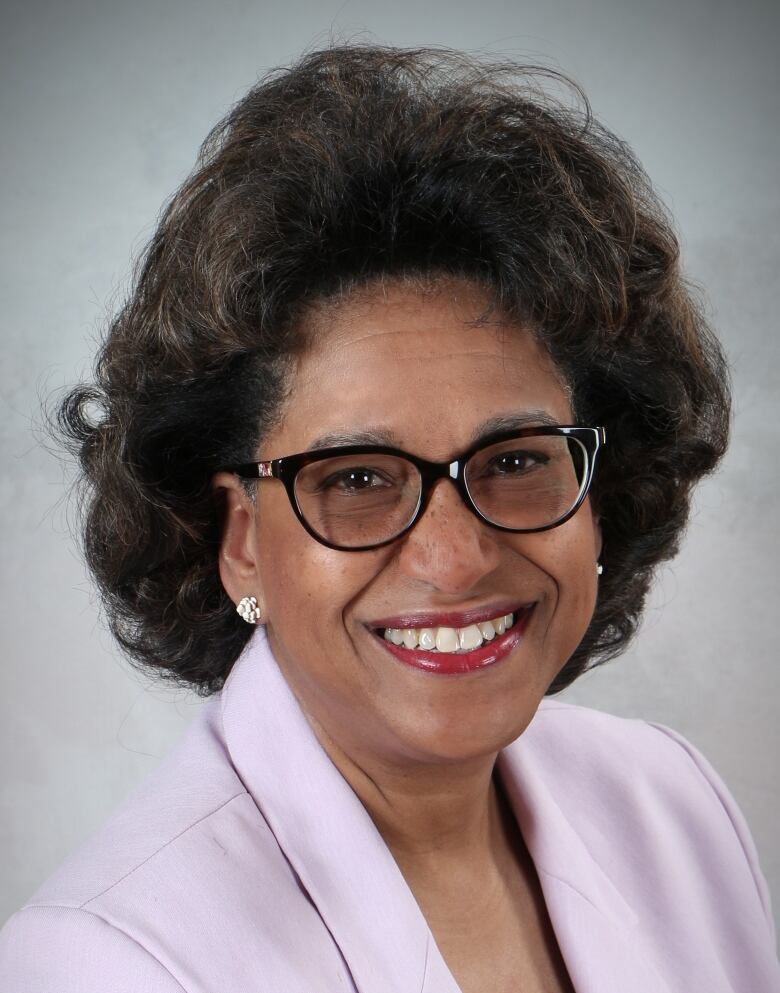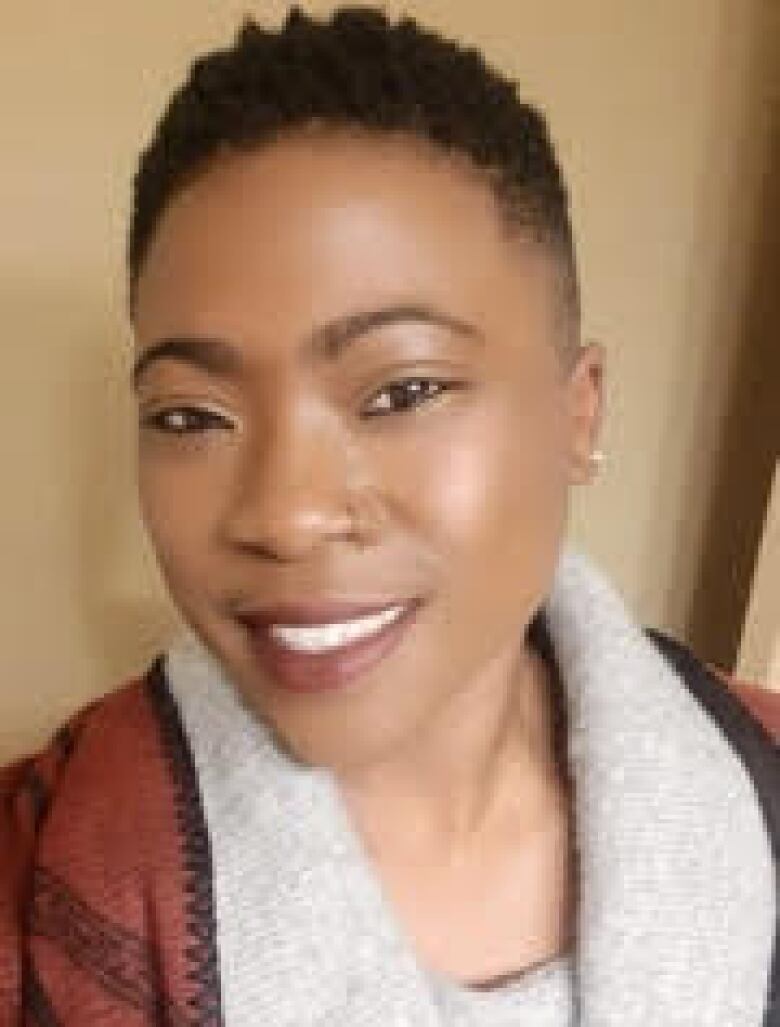We need culturally appropriate health care for Black Canadians
Black adults are 6 times more likely to develop diabetes than white adults in Canada

This column is an opinion by Sharon Davis-Murdoch and Charisma Grace, who are Black health-care advocates, and Jalana Lewis, a community consultant with Diabetes Canada. For more information about CBC's Opinion section, please see the FAQ.
As Black health advocates with a range of experience in health policy, health coaching and meaningful engagement with African-Canadian communities, we know all too well that anti-Black racism impacts all areas of life for people of African descent living in Canada.
The common theme is that there's little representation of Black Canadians in health settings, and it's important for patients to see themselves reflected in the health system.
Recently a Black female client shared that she felt much more comfortable having a Black health coach because there wasn't a need to explain her mistrust of the health-care system. The microaggressions and racist attitudes she had faced in the past when accessing health care weren't something she had to relive with a coach who looked like her.
Recent events in the Black Lives Matter movement have highlighted the impact of systemic racism in ways that many non-Black Canadians are now just waking up to. Self-reported data is available that suggests Black adults are 6.6 times more likely to develop diabetes compared withwhite adults in this country, but due to a lack of race-based data collection, we know these numbers are likely grossly underestimated.

Yes, people of African descent are genetically predisposed to diabetes, but the challenges go beyond ethnicity. They are related to social determinants of health, including lived experience of systemic racism, distrust of the health system, higher rates of poverty and rural isolation.
That's why we need to implement large-scale support for culturally specific approaches to address the growing issue. It could be as simple as identifying Black patients for early screening.
We've all heard from people of African descent who have experienced racism while navigating the Canadian health-care system and are unable to access proper, culturally appropriate health resources. For many Black communities in Canada, health professionals often aren't in roles long enough to really understand the needs of those communities.
There is a lack of trust in the health-care system stemming from decades of institutional racism, microaggressions and overt forms of discrimination, which has led to many Black community members feeling like their voices or concerns are not heard in the health-care system.
Even today in 2020, we rarely see ourselves reflected in health messaging, sitting on provincial health boards, working within health professions or leading health research.

The "one-size-fits-all" approach to the implementation of health-related services assumes everyone has the same access and experiences while navigating those services.
The Matter of Black Health (MBH) pilot project, which launched in May 2017, took a different approach and provided an excellent blueprint for culturally specific programming aimed at preventing chronic disease while supporting Black Nova Scotians.
It was initiated by the Health Association of African Canadians in Nova Scotiain collaboration with Diabetes Canada, with funding through Medavie Blue Cross and the Nova Scotia Department of Health and Wellness. Collaboration between participants and coaches built trust and connected African Nova Scotians, including community leaders, to the health-care system.
Participants worked with Black coaches who understood the systemic barriers they faced and the lived experience of Black people in the region.
Following the pilot initiative, most people experienced lowered blood pressure and blood-glucose levels, as well asimproved weight and stress management. Of the 165 participants who were paired with health coaches, 92 per cent said they were more physically active, and 75 per cent felt more confident navigating the health-care system.
Everyone living in Canada should have confidence in their health-care system and in culturally competent providers. We know that it's crucial for all Canadians accessing health care to see themselves reflected and represented in services. Despite the project's success, funding was discontinued.

As Black health advocates, we know that we're running a relay race. Those who have gone before us worked tirelessly to move the needle. It is now time for us to accept the passing of the baton.
The necessary policy, research, training and programming required to reduce rates of diabetes among Black Canadians should include Black leadership. It must also be prioritized by governments, academics, researchers and health professionals.
Funding from the federal government to re-establish the MBH project in Nova Scotia and expand it across Canada needs to happen now.
This story is part of a CBC project entitled Being Black in Canada, which highlights the stories and experiences of Black Canadians, from anti-Black racism to success stories Black communities can be proud of. You can read more stories here.













_(720p).jpg)


 OFFICIAL HD MUSIC VIDEO.jpg)
.jpg)



























































































